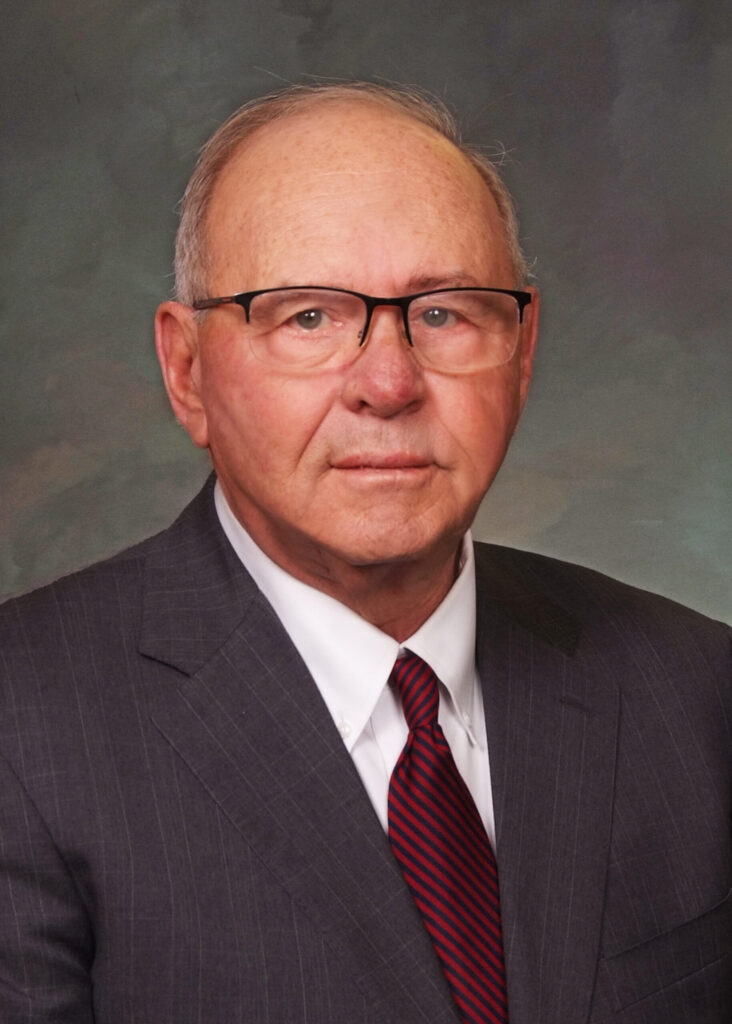Colorado ran up the tab on Medicaid | PODIUM

As Colorado cheerfully expanded Medicaid following massive financial incentives created by the Affordable Care Act, also known as Obamacare, legislators forgot the simple wisdom of the former chairman of the president’s Council of Economic Advisors, Herb Stein, “If something cannot go on forever, it will stop.”
Our new report from the Common Sense Institute, “Colorado Health Policy at a Crossroads: Growth, Costs, and Consequences,” highlights how health care spending has become the single largest budget item in the Colorado state budget — approximately 20% of total general fund spending — and how 182 new health-care bills enacted since 2019 are costing the state more than $850 million a year (of which just over a third is covered by federal funding) in addition to costing the private sector more than $270 million annually in fees and lost TABOR refunds.
While Colorado’s share of the population that is enrolled in Medicaid is lower than the national average at about 20%, our spending per enrollee at $11,263 per year is about $400 higher than average.
At the end of the recent regular legislative session, the legislature’s Joint Budget Committee had to reduce next year’s state spending $1.2 billion to keep the roughly $17 billion budget balanced, with rising Medicaid costs being a key driver of the shortfall. The combination of disabled enrollees and those over 65 with full Medicaid benefits represent less than 10% of the Medicaid population but about 50% of the cost.
Stay up to speed: Sign up for daily opinion in your inbox Monday-Friday
The legislature found a way to absorb the Medicaid-driven budget shortfall without cutting Medicaid but they will not be able to continue doing so. Difficult choices will need to be made.
And all of that is before the impact of The Big Beautiful Bill Act (“BBB”), which will significantly cut federal funding to states’ Medicaid programs while also increasing states’ Medicaid operating costs. These effects phase in beginning in 2028, so the legislature has a window to handle the inevitable massive budgetary crunch from these changes. Aspects of the BBB’s final impact remain uncertain but it’s likely that the final cost to the state — again, between lower federal revenues and higher operating costs — will exceed $1 billion a year and could exceed $2 billion a year.
There are four ways to address the exploding cost of Medicaid within the state budget: restrict Medicaid eligibility and remove people from the program; reduce the range of treatments that qualify for Medicaid reimbursement to providers; reduce the reimbursement rate, i.e., the amount that the program pays a doctor, nurse, or clinic to provide a particular service; cut spending on other items to absorb some of the increased cost of Medicaid.
The BBB’s work and work-reporting requirements will do some of the work in the first category but not nearly enough to offset other cost increases. As noted, 50% of the program’s cost comes from 10% of the Medicaid population; those who lose benefits due to work (or paperwork) requirements — younger able-bodied people — are not in that part of the population and will not reduce costs significantly. Politically, reducing costs among that 10% of the population will be challenging.
As our report notes, the massive list of health-care bills passed by the state legislature in the past six years reads like a wish-list for those who believe in government-run health care, with little apparent thought about cost. Obamacare essentially bribed states to expand Medicaid by offering a $9 match for every $1 of federal spending in the pool of expansion enrollees. If that number is reduced, especially alongside the BBB phased-in reduction of hospital provider fees which begins in three years, today’s Medicaid finance problems will seem like the good old days.
Legislators ignored Stein’s Law at their peril — and, for Colorado taxpayers, at ours.
Ross Kaminsky, who studied economics and foreign policy at Columbia University, is the Mike E. Leprino Free Enterprise Fellow at the Common Sense Institute. Kaminsky hosts the “Ross Kaminsky Show” on KOA radio in Denver weekdays, 9 a.m. to noon.













